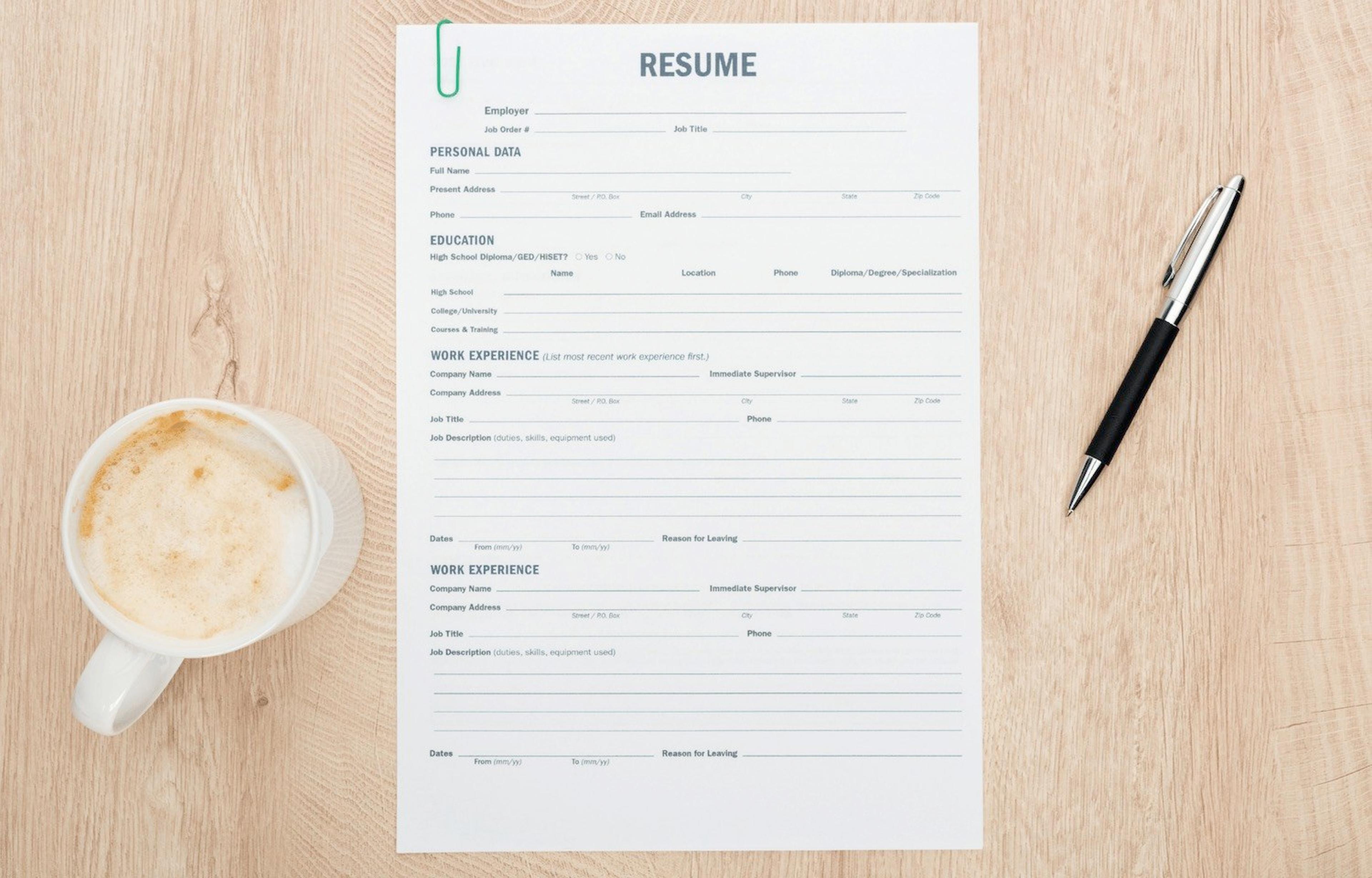Graduate Admissions: Myths Busted!
What you’ve heard about getting into grad school vs. the facts, from an expert Leland coach with almost 20 years of experience.

By Debby C.
Former Stanford Graduate Admissions | Master's Admissions Expert
Posted June 13, 2025

One of the most frequently asked questions I receive from people interested in graduate school is, “What are admissions committees looking for exactly?” In my almost 20 years of experience working in graduate admissions, I’ve realized that this information isn’t readily available anywhere. With that comes much misinformation, speculation, and hype about the review process that leads people to submit poor applications. To be clear, I’m not referring to applying with a poor academic record; I mean submitting an application that does not reflect your uniqueness, potential, strengths, and goals for graduate school and your career.
I’ve traveled worldwide and met with hundreds of prospective graduate school applicants. I often tell them that my job of reviewing applications alongside admissions committee members at Stanford could have been quick and easy. We could have spent a few days combing through applications and admitting those with perfect academic records and standardized test scores. But the process of reviewing applications took a few months. Why? Because grades alone will not guarantee your admission to most graduate school programs. They will get you noticed, but you have to show them more by submitting strong supporting documents.
Your statement of purpose, your resume, and your letters of recommendation are factors that can and will affect your admission to a graduate program. For example, your statement of purpose is meant for you to take the most important parts of your resume and present a clear picture of who you are related to your experiences and goals. It should showcase your problem-solving skills, how you connect theory to practice and how your academic and related experiences have shaped your reasons for applying to graduate school. Write about what you have to offer their department and clearly outline your learning and career goals.
Admissions committees are looking for ways to admit you. Yes, you read that correctly. They want to see how you will contribute to your field of study and the area once you graduate. What makes one student a good fit for a graduate program differs from what makes another student stand out. Ultimately, both students can be admitted to the program because their unique strengths contribute to the cohort's diversity.
The layers of experiences that you’ve gained over the years shape who you are becoming and the contributions you will make to a graduate program and career. It’s essential for you to showcase this in your applications. Share your ideas, thoughts, and questions in your statement of purpose. Give them a preview of the kind of graduate student you will be–how engaged you will be in class discussions, the clubs you will start, and the projects you will develop.
One of my strengths is working with clients who don’t feel confident about their potential for admission to graduate school. Everyone has a unique story to tell, and I make it my mission to help my students showcase their strengths... even if they can't see them at first. I can and I will show you how to communicate them clearly in your essays. I enjoy showing my clients what is possible and working with them to make their dreams a reality. Your GPA is not the sole deciding factor of admission; there are so many other layers to consider.
If you’re concerned that your GPA will hinder your admission or you need guidance on strengthening the other parts of your application, I’d love to work with you. Book a free intro call on my profile to get started. I am passionate about educational empowerment for students interested in pursuing a graduate degree and would love to help you get into your dream program.

Written by Debby
5.0
(30)
With ten years of experience in graduate admissions at Stanford University's School of Engineering and School of Education, I can provide valuable insight into the application and review process. I am here to address your concerns and answer your questions about applying to graduate school. Since 2013, I have worked as a professional graduate admission consultant and coach, specializing in helping students navigate the application process for programs in the United States, Canada, and many other countries worldwide. My travels have allowed me to connect with prospective students and their families, giving me a deeper understanding of the diverse cultural expectations surrounding advanced degrees. I coach to share my knowledge and experience with students globally, not to "game" the system, but to help applicants present the most accurate and compelling representation of their qualifications to admissions committees. My coaching services offer honest and personalized support as you prepare to apply to graduate school. I do not screen clients based on their academic records; in fact, I excel in working with individuals who may lack confidence in their potential for graduate studies. Everyone has a unique story to tell, and my mission is to help you showcase your strengths, even if you don’t yet recognize them. One of my greatest strengths is helping clients envision what is possible and collaborating with them to turn their dreams into reality. My past client results include (for a complete list of my admissions results, click here: https://www.wisegradadmissions.com/results) STANFORD UNIVERSITY Civil & Environmental Engineering Computer Science Electrical Engineering Management Science & Engineering Mechanical Engineering International Education Policy Learning, Design & Technology Policy, Organization & Leadership HARVARD UNIVERSITY Data Science Education Leadership. Organization & Entrepreneurship Human Development & Education Learning Design, Innovation, and Technology Prevention Science & Practice UNIVERSITY of PENNSYLVANIA Chemical Engineering Computer Science Electrical Engineering Materials Science & Engineering Mechanical Engineering Systems Engineering Education & Psychology Behavioral Economics Counseling & Mental Health Services Human Development International Education Development Learning Sciences and Technologies Social Psychology WHARTON MBA (joint program with Computer Engineering Management Technology) CORNELL UNIVERSITY Electrical & Computer engineering Materials Engineering Mechanical Engineering Operations Research & Information Engineering Statistics Agricultural Economics Food Science Financial Mathematics Management JOHNS HOPKINS UNIVERSITY Applied Physics Computer Science Electrical & Computer Engineering Robotics Mental Health Counseling Public Health & Epidemiology Public Policy, Global Affairs & International Relations Financial Mathematics COLUMBIA UNIVERSITY Computer Science Electrical Engineering Environmental Engineering Management Science & Engineering Materials Engineering Mechanical Engineering Operations Research Agricultural Economics Biostatistics Statistics Financial Mathematics Applied Behavior Analysis Counseling Psychology Developmental Psychology Instructional Technology & Media International Comparative Education International Studies MSW School Psychology UNIVERSITY OF CHICAGO MBA Public Policy/Global Affairs MSW Psychology GEORGETOWN Public Policy/Global Affairs Asian Studies NYU Computer Science Data Science Electrical Engineering Financial Engineering Biostatistics Food Studies Physics Behavioral Economics Counseling Human Development & Social Interaction MSW UNIVERSITY OF MICHIGAN Aero/Astro Engineering Chemical Engineering Computer Science Electrical Engineering Environmental Engineering Materials Science & Engineering Mechanical Engineering Biostatistics Survey Methodology Financial Mathematics Public Policy & International Studies Japanese Studies MSW CARNEGIE MELLON UNIVERSITY Chemical Engineering Computer Science Electric and Computer Engineering Environmental Engineering HCI Materials Science & Engineering Mechanical Engineering Statistical Practice Computational Finance UNIVERSITY OF WASHINGTON Computer Science Chemical Engineering Electrical Engineering Applied Physics Biostatistics Education/Psychology Learning Sciences and Human Development MSW
Debby has helped clients get into organizations like:
Columbia University
Boston University
University of Chicago
New York University
Georgetown University












